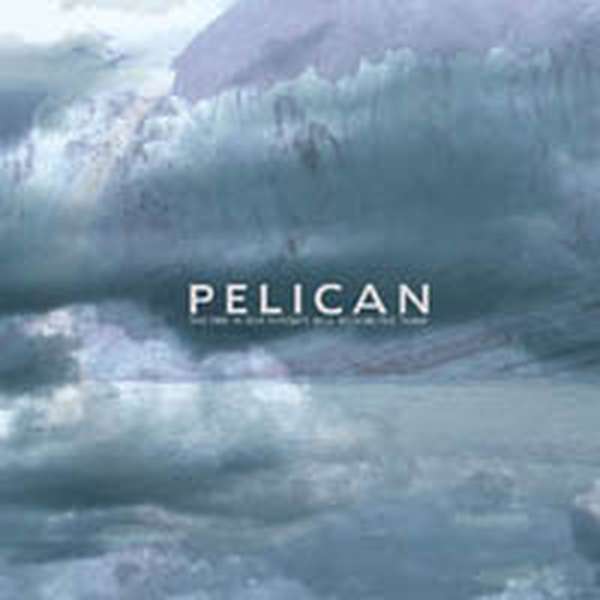"Evolution is the key to survival." I don't know which famous individual stated this, but I am quoting them both out of respect as well as out of fear of getting sued. Whoever that wiseman was, he was absolutely correct. History has taught us that a failure to evolve - no matter what the context - results in certain doom. The music world is no different; without an evolution a band's sound will quickly become stale. But by developing their sound a band can keep their existing listening audience interested as well as turn on new fans to their music. The Fire in Our Throats Will Beckon the Thaw is an ideal release for both types of of listeners.
One mainstay to the Pelican sound is that the guitars have always dominated their material; with their newest full-length things have not changed. And while "The Last Day of Winter" opens with a very cautious mood of carefully placed drums and melodic guitars, eventually the guitars will have their triumph. But before they can take control, the song breaks into a slight lull where very little is heard other than the clicking of drum sticks and the occasional cymbal crash. Slowly guitars enter the equation again and begin a climbing sequence of notes whose pace quickens as the song clocks on. The progression that develops is not unlike a glass being filled with water. Just as the noise level increases as the water climbs to the top, so does the mix of guitars, bass, and drums. Eventually the building reaches its limit and overflows, resulting in a fury of churning guitars and on-the-move drumming. Shortly thereafter the song runs its course and subsides again to minimalist instrumentation as referenced above.
Just as the album's introductory track made its way through a series of rises and falls, so does "Autumn into Summer." But where this song differs is that the music in the latter portion of the song rises from riffs that inspire gloomy feelings into much more lush and upbeat notes that trigger "happy thoughts." In an essence, the song plays out just as its title would suggest. I personally think the final three minutes of the opus are the best thing the band has done since "Drought."
The Fire in Our Throats Will Beckon the Thaw continues along in typical Pelican fashion with a shortened version of the track "March into the Sea," which appeared on an EP of the same name earlier this year. On the twelve minute cut, the band takes to the heavier side of things, focusing in on the style they used on their debut EP. During the song we traverse through a mishmash of drumfills and double bass, thumping basslines, and hypnotizing guitars that swirl endlessly. But for those hopeful of more material in this vein, I must be the bearer of band news. This is essentially the only track, save for brief moments here and there, that touches on this style. On the subsequent untitled track, the band drastically changes speeds as they piece together an all acoustic guitar interlude. And while I was not expecting to hear something of this nature, it fits quaintly.
"Red Ran Amber" and "Sirius" are both fitting pieces showcasing the direction that Pelican has been heading since the release of Australasia. Each song blends together equal moments of Mono-esque post-rock and Sunny Day Real Estate-inspired indie rock. Placed between the two is "Aurora Borealis," which is filled with constant change-ups in tempo and ultimately brought to mind The Cancer Conspiracy.
Over the span of their career, Pelican has slowly weaned their way from the sludgy instrumental act found on their debut EP into a complex amalgamation of repetitious post-rock, instrumental rock, and a touch of indie. And even though the band has worked away from it's heavier past, fans from that era have continued to follow them and sing their praises. This is quite an anomaly as when a band normally changes up styles their oldest fans are the first to scream "Sellouts!" But with such a smooth transition and music as beautiful as Pelican's, they make it nearly impossible to complain about where they're venturing.







